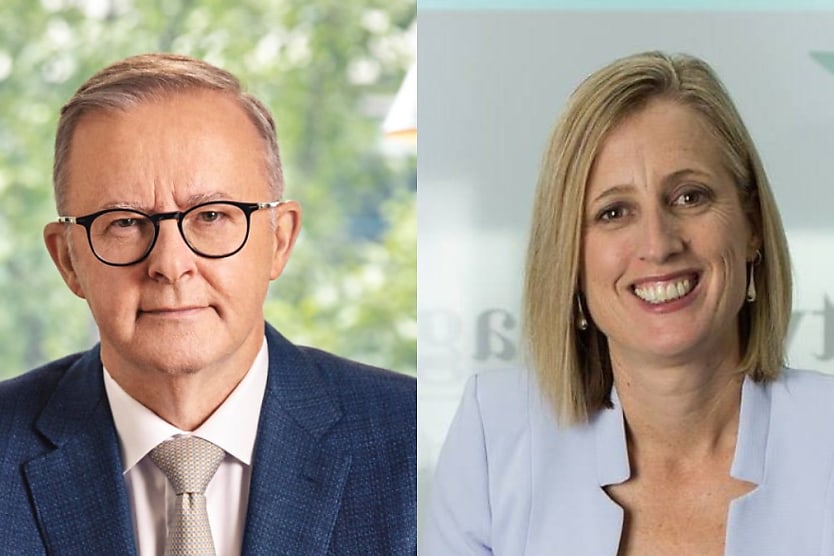
Labor’s new legislation will help to create transparency in wages to try and close the gender pay gap.
The Workplace Gender Equality Amendment (Closing the Gender Pay Gap) Bill 2023 was introduced to Parliament and will create transparency by highlighting gender pay gaps at businesses with 100 staff or more. The government hopes this will encourage employers to close the gap.
Minister for Women Katy Gallagher commented on the announcement: “Women have waited long enough for the pay gap to close — let’s not wait another quarter of a century. On average, women working full-time can expect to earn 14.1 per cent less than men per week in their pay packets.”
She continued: “The gender pay gap is also holding our economy back with $51.8 billion a year lost when it comes to women’s pay. On current projections it will take another 26 years to close the gender pay gap. The bill will also reduce red tape for businesses making it easier to report.”
This legislation will come into effect in 2024, using data that organisations will need to disclose. If a company is recognised as having a gender pay gap, the information will be posted to Workplace Gender Equality Agency’s (WGEA) website.
Prime Minister Anthony Albanese discussed the introduction on LinkedIn: “Women should be paid the same as men. It’s as simple as that. But right now, there’s not enough transparency around the gender pay gap in workplaces.
“That’s why we’re introducing a bill to fix that. It will mean companies with more than 100 staff need to report their pay gap publicly. And it will bring us a step closer to pay equity for women.”
The Workplace Gender Equality Amendment (Closing the Gender Pay Gap) Bill 2023 comes off the back of the review of the Workplace Gender Equality Act 2012, back in 2021.
In 2021, then minister for foreign affairs and minister for women Marise Payne said in a statement: “The recommendations aim to progress gender equality outcomes in the workforce and streamline the reporting process for business, particularly in the context of the COVID-19 pandemic which saw women disproportionately impacted.
“It’s clear that we need to proactively address issues in Australian workplaces to enable women to excel and reach their full potential.”
Pressure to address the gender pay gap has been circulating, with data from WGEA highlighting that the pay gap recently stalled at 22.8 per cent.
As reported by HR Leader on 19 December: “The gap of 22.8 per cent means women earned, on average, $26,596 less than men in 2021–22.”
WGEA director Mary Wooldridge said in a December statement: “At a time when Australia is experiencing a critical skills and labour shortage, WGEA’s annual employer census shows that too many employers have failed to step up on gender equality, leaving many women no better off than they were 12 months ago.”
Ms Wooldridge added: “Lasting change requires employers to make bold, creative choices that send a signal to all employees that gender equality is a core part of their business strategy and a priority for those in leadership and managerial roles.”
With the introduction of The Workplace Gender Equality Amendment (Closing the Gender Pay Gap) Bill 2023, organisations will be encouraged to comply, helping to ease the in-balance of pay between men and women.
The introduction of legislation to assist in fair pay has been a focus of the Albanese government. The Fair Work Legislation Amendment (Secure Jobs, Better Pay) Act 2022 was revealed in December 2022, as reported by HR Leader.
This amendment to the Fair Work Act 2009 (Cth) came into effect on 6 December, and it allows workers to discuss pay and conditions of employment, and employers can no longer stop this discussion.
The government said this amendment would help ease discrimination in the workplace and encourage female participation and safety.
RELATED TERMS
The term "gender pay gap" refers to the customarily higher average incomes and salaries that men receive over women.
Jack Campbell
Jack is the editor at HR Leader.










